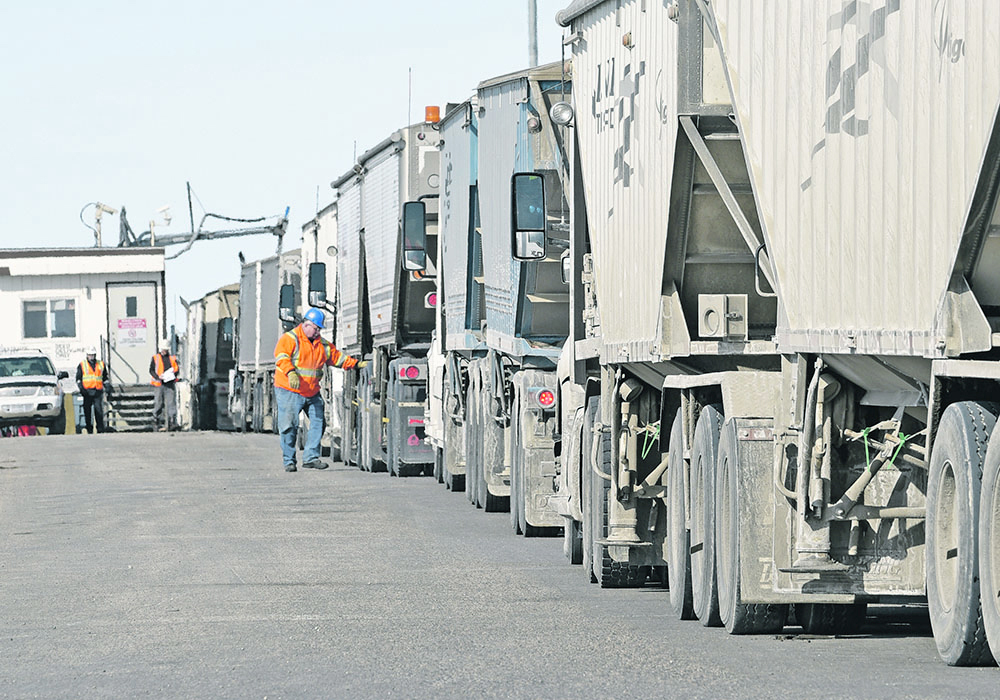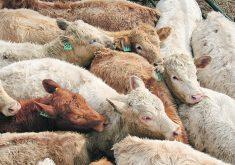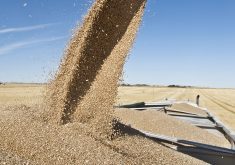Seventy-two farmers in the Swan River, Man., district were members of Keystone Agricultural Producers general farm group in October 2020.
In October 2021, that number had jumped to 237.
Rather than being a sign that scores of new farmers had been discovered, it was evidence of the constant challenge of ensuring that grain buyers make the mandatory membership deductions on deliveries.
“These have been some of the issues we’ve been dealing with in regards to the checkoff, and it’s the engagement of the grain companies, and sometimes the messaging from the staff or the manager at that particular elevator and (them) not realizing that they are obligated under the funding act, a legal responsibility to collect (those) membership fees,” said Bill Campbell, KAP president, at the organizations general policy meeting with farmers.
Read Also

More factors affecting winter weather
When you combine a weak La Niña, early Siberian snow, and a warm northern Pacific, it’s easy to see why long-range winter forecasting is so complex.
With the Swan River situation, local farmers weren’t having their KAP deductions made because of new staff at the market-dominant Richardson elevator there who didn’t understand what they needed to do. That was fixed, and membership numbers returned to normal the next year.
At other times, KAP has struggled with grain buyers who have resisted collecting the levies, which fund the farm organization.
The recent drought and flooding problems that hit most of Manitoba’s farm country have affected membership too, with some farmers pushed beneath the production trigger levels that qualify them for membership, along with other disruptions to farming operations.
As farmers and farm organizations settle into post-harvest realities, there is relief that most crops were taken off safely and prices are good for most crops.
There were concerns because many farmers struggled during harvest with a lack of spare parts and ability to get broken-down machinery repaired quickly. Wet weather dragged out the harvest longer than farmers were comfortable with.
















